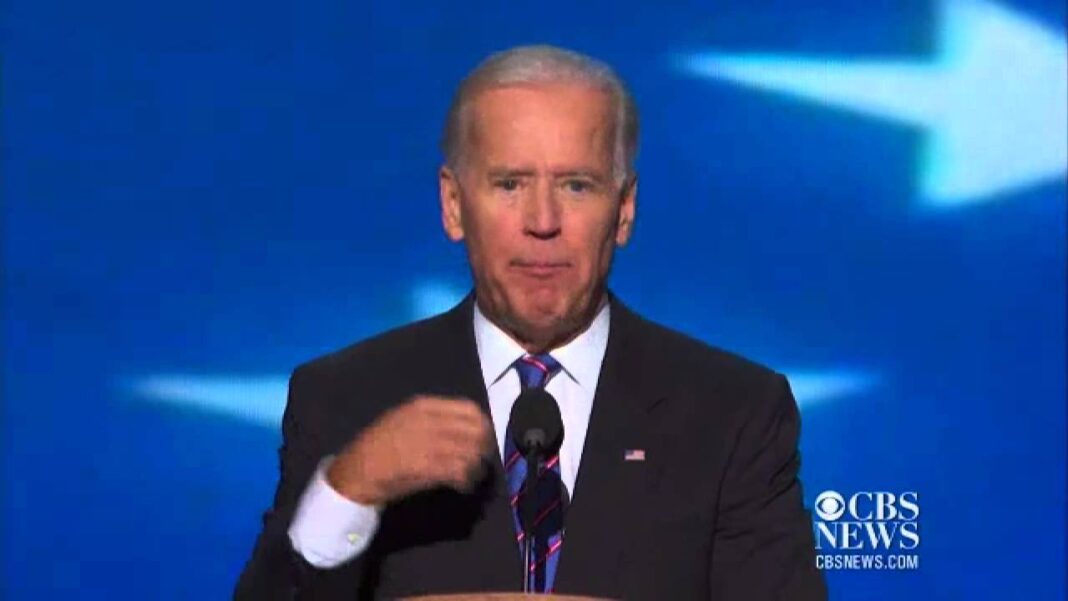
Some of the rhetoric from Democratic lawmakers this week, coupled with policy positions touted by Biden administration officials, has raised concerns that President Biden might be adopting an anti-car agenda, despite his personal connection to the auto industry.
Biden’s father was a car salesman and the former vice president was a prominent supporter of the 2008 General Motors bailout. The federal government ultimately lost $11.2 billion on the bailout, but Biden and former President Obama have argued that it saved the American auto industry from collapse during the Great Recession.
In January, Transportation Secretary Pete Buttigieg suggested a vehicle miles traveled fee that would tax drivers for the amount of miles they drive as a way to pay for Biden’s infrastructure plan. He later said that proposal was off the table, but the funding mechanism for Biden’s $2.25 American Jobs Plan is still not solidified. The plan has not been drafted into formal legislation yet.
House Speaker Nancy Pelosi, who will lead the effort to win passage of Biden’s infrastructure proposal in the House, said on Thursday that the plan that passes will have people “out of their cars with more mass transit.”
Biden’s infrastructure plan will “reduce automobile usage, but also we’re investing in pedestrian and bicycle infrastructure” in a bid to “get at climate change,” Democratic D.C. Delegate Eleanor Holmes Norton said Wednesday.
Vice President Kamala Harris and Buttigieg supported an all-out ban on the sale of gas and diesel vehicles as candidates for president. Hybrid vehicles that don’t need to be plugged in for charging would be covered by such a ban. California’s two Democratic senators want Biden to formally set an end date for the sale of vehicles with gas or diesel engines in the U.S.








